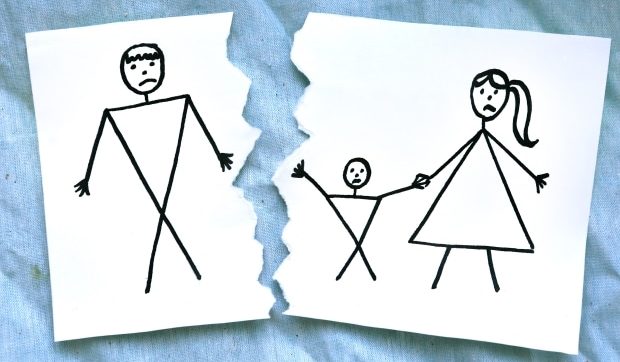Dealing With Defensive People
Defensive people aren’t easy to deal with. They are difficult to talk to, difficult to please, difficult to resolve problems with and difficult to live with.
No matter what you say or do, they are defensive. They don’t listen to or validate your concerns.
Instead, they treat you as if you are attacking them and attack back. They accuse you of things you aren’t doing.
They erupt easily and overreact. They truly are on the defensive no matter how nicely you say what you need to say.
So What Makes Them so Darn Difficult?
Defensiveness can come from
- self-pity,
- narcissism,
- an unstable self-image,
- a passive aggressive personality,
- an abuse mentality,
- victimhood,
- mental illness, addictions, and more.
It can be manipulative to keep the person from having to take responsibility for their stuff in the relationship.
It can be a tactic to keep you from being able to address your concerns and to maintain the status quo. It can stem from poor communication skills and dysfunction.
It often originates from a deep sense of shame from prior emotional wounds that make it difficult for a person to face anything bad about themselves.
So How Do You Deal with Defensive People?
It isn’t about you; it is about what is going on inside of the defensive person. Keeping that in mind will help you to remain calm.
You might even get to the point where you feel sorry for them!
You don’t let them manipulate you to where you never speak your truth; instead, you recognize no matter how perfect your approach is they will be defensive.
Don’t let that work. Do the best you can with presenting your concerns non-defensively, but don’t stop bringing them up.
You speak directly, use I statements, keep your message short and stick to your issue. Focus more on how the person’s actions are affecting you than on judging the actions as right or wrong. Focus more on your difficulty dealing with the effects of the person’s actions than on the specific actions.
Here are some examples:
- Instead of saying, “You are an alcoholic and you are hurting your family. Why can’t you stop drinking, go to work, and do what you know is right?” you say,
“I am struggling with your drinking. It makes me uncomfortable. I can’t be around you when you drink. I am starting to pull away from you. I am worried about you and our relationship. I don’t know how much longer I can live with this.”
- Instead of saying, “You are such a jerk. Can’t you see how you are hurting me? Can’t you see how rudely you talk to me and how angry you are?” you say,
“I am not okay with the way you talk to me. Your anger scares me. I find myself afraid to talk to you. I won’t talk with you when you treat me that way.”
These alternative statements may seem weak compared to the first ones; however, they are not weak. They communicate a certain level of respect for the other person, yourself and the relationship.
They are more difficult to argue with because they are about you rather than the other person. They push you toward a healthier relationship in that they communicate personal responsibility for your feelings, thoughts, and needs.
All of these things contribute to less defensiveness because they feel less attacking.
You set boundaries for yourself including how much time you want to spend with the person. Some defensive people are impossible to deal with and stay sane. This may be something you have to face.
You can’t make defensive people stop seeing you as an opponent. You can only choose how you engage them and refuse to get drawn into the battle on the same terms they operate in.
You also want to make sure you don’t allow yourself to be defeated and give up playing offense with your needs and concerns.






